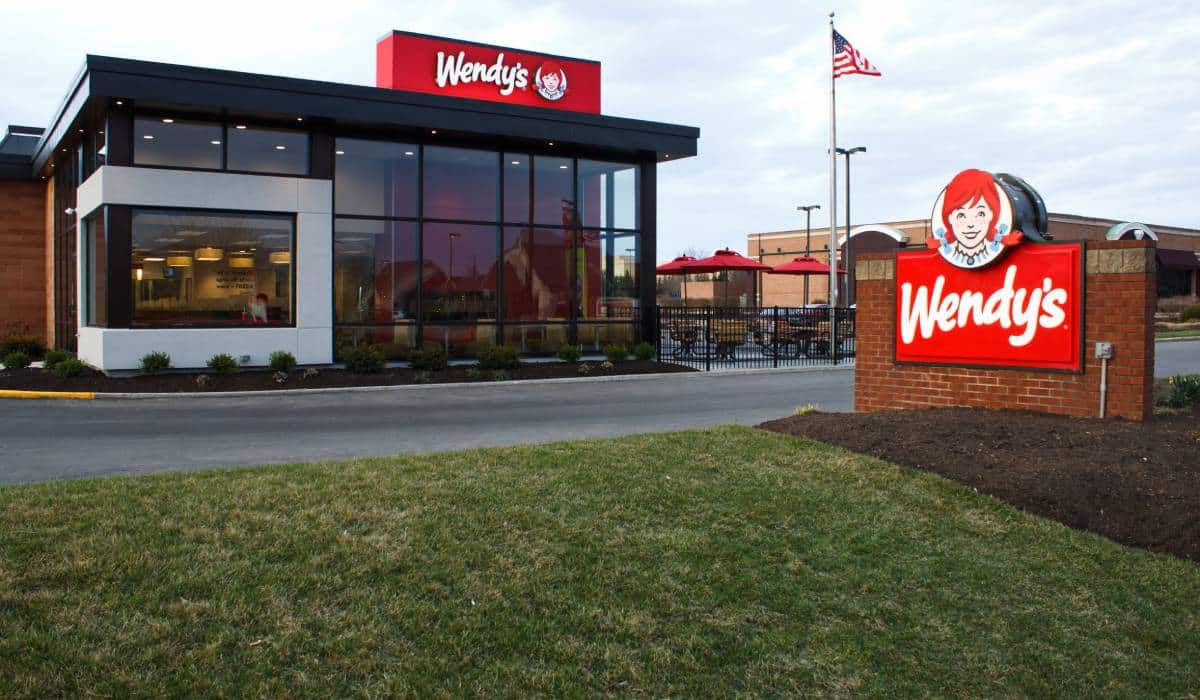The quick-service industry is witnessing a transformative shift with Wendy’s recent unveiling of digital menu boards, AI-driven ordering, and dynamic pricing. The move—while initially met with concerns about surge pricing—has been clarified on their blog that the approach will be used to emphasize promotions and discounts during less busy periods, steering clear of peak time price hikes. In an era where competition is fierce, the potential of dynamic and personalized promotions emerges as a golden opportunity for quick-service restaurants to enhance customer loyalty, stay competitive, and boost profitability.
The evolution of pricing in quick service
Traditionally, menu prices in quick-service restaurants have remained static, adjusted periodically, or at most changed through day-part pricing. Partially, this has been driven by static physical menu boards that cannot be changed with ease, now replaced with screens and connected to digital systems. However, the advent of dynamic pricing challenges this norm with the potential (and fear from customers) to adapt prices in real-time, based on demand and inventory levels pioneered by the airline industry and popularized more recently through ride hailing apps and concert ticket pricing systems. This data-driven approach promises maximized short-term gains but also poses significant challenges in communicating value to customers and begs the question in the case of Wendy’s: “Why is my Frosty more expensive now than an hour ago? It’s the same Frosty!”
A fresh approach to strategic promotions
On the flip side of dynamic pricing are dynamic promotions. The essence of dynamic promotions lies in their strategic and hyper-personalized nature, crafted to not only attract new business but to also enhance customer loyalty. The core business principle of “Price = Value” takes on new dimensions here. Regular pricing establishes product value, but when dynamic promotions apply discounts, the value perception skews significantly, enticing increased purchase behavior. Back to our Wendy’s customer “Your Frosty is 20 percent off right now because you’re a super fan rolling in here at 2 p.m. on a Monday.”
A potential pitfall that has engulfed certain industries is the concept that promotions are addictive. Which is to say that there’s an inherent challenge toward balancing promotions to avoid conditioning customers to wait for discounts, potentially diluting brand value and negatively impacting non-promotional sales. After all, a volume lift during a promotion that directly cannibalizes sales before and after the promotion, does not necessarily create a successful promotion—in fact, it often loses money for the business. Our insights from over a thousand engagements across various industries reveal that before we start work with a client, approximately 70 percent of their promotions are suboptimal … and don’t hit key business objectives (often revenue, profitability or growth). They miss their intended mark, indicating a widespread inefficiency in promotional strategies.
Using data for precision
Best-in-class dynamic promotions are achieved by harnessing data from diverse sources—CRM systems, loyalty programs, transaction history, and external market dynamics. Unlike one-size-fits-all promotions, these are meticulously designed to focus on specific customer segments, items, or market conditions, addressing precise business goals like enhancing loyalty, boosting off-peak sales, or managing inventory more effectively. This might result in one customer receiving a highly personalized offer, with messaging customized for them compared to a different customer in the same campaign.
Advanced analytics and consumer insights play a critical role here, enabling quick-service restaurants to tailor promotions not just broadly but with a level of personalization and timing that ensures the right offers reach the right customers, focused on the right items, at the opportune moment.
The road ahead
As the quick-service industry grapples with the concept of dynamic pricing, the real narrative should pivot to the implementation of dynamic and personalized promotions. This approach is not without its hurdles, but with careful planning and execution, it holds the promise of redefining the quick-service experience. Enhancing customer engagement, fostering loyalty, and driving profitability are all within reach if quick-service restaurants can navigate the complexities of this strategy effectively.
The real future in this space revolves around proactively embracing these innovative pricing and promotional strategies—ensuring they are implemented in a way that values transparency, customer satisfaction, and strategic growth. The evolution from static to dynamic pricing—if steered towards personalized promotions—could very well be the catalyst that propels the industry forward, making it more responsive, customer-centric, and profitable in the long run.
As Vice President of Analytics at Iris Pricing Solutions, Benjamin Garden applies over a decade of analytics and strategy experience to develop pricing strategies for some of the biggest brands globally. He leverages advanced analytics, AI and ML to enable brands to make better data-driven decisions, enhancing their market competitiveness and profitability. His career track record spans industries driving revenue growth at top-tier QSR, retail, e-commerce, automotive and CPG having developed best-in-class pricing strategy, customer segmentation, site selection, MarTech, CX and GTM strategies. He holds a BA and MA from McMaster University. He serves on the board of directors for not-for-profits like ThriveFunds and mentors at business incubators like The Forge, McMaster University. Benjamin has a passion for all things AI and is often experimenting with the latest in AI applications. Prior to Iris, Benjamin held senior analytics and strategy roles at Environics Analytics (now Bell), IHS Markit (now S&P Global) and research positions in academia, supporting notable brands like TD Canada Trust, Cadillac Fairview, Yum! Brands, Coca-Cola, Goodlife Fitness, Jaguar Land Rover and Rolls Royce among others.














